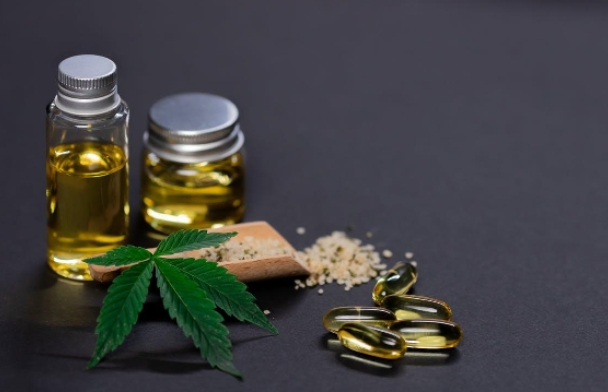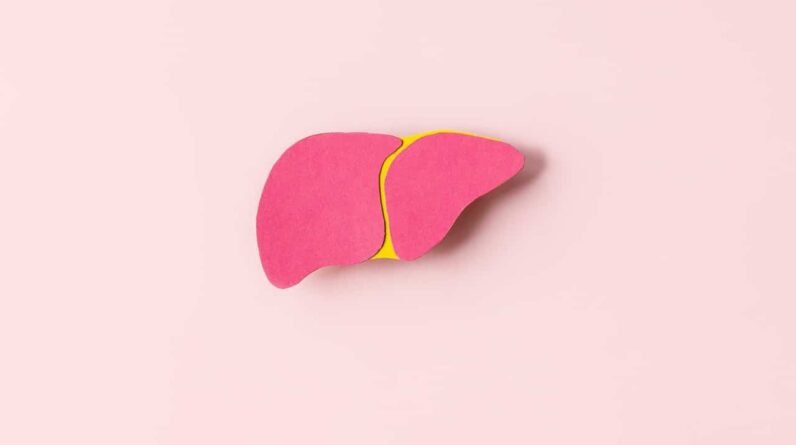
Several research papers and investigations have shown an intriguing finding: cannabis usage is linked to a reduced body mass index when compared to non-use. So, would you ditch your diet in favour of CBD? Continue reading to learn something about CBD use for obesity treatment.
Many CBD advocates say that the chemical can aid weight loss by suppressing your appetite. Cannabis is commonly associated with desire stimulation since users of the drug are often more hungry than typical. THC, on the other hand, can make you hungry, while CBD doesn’t.
Obesity: What Causes It?
Obesity arises when you ingest more additional calories through the workout and everyday tasks, even though numerous factors might influence fat, including hereditary, behavioural, physiological, and genetic effects. Stored glycogen is stored as fat in your body.
Most people’s diets are high in calories, generally consisting of fast food and calorie-dense beverages. Obese persons can gain more weight because once they’re thirsty, dehydrate before they feel like eating, or consume more carbohydrates as a result of stress or worry.
CBD Can Be used to Alleviate the Symptoms of Illnesses.
The Green Roads CBD helps the body break down fat by narrowing it down and allowing it to exit as trash. The 2018 report can explain this trend. The transformation of white fatty tissues to brown excess fat affects the ways these issues operate in the system.
Brown fat cells are a kind of fat that is more active. They expend energy in the form of heat, which equates to calorie expenditure. CBD may help you burn fat by converting white fat into brownish fat in the body, which is important for weight loss.
How Can CBD Help with Obesity Symptoms?
When your prevalence of obesity (BMI) is equivalent to or more than 30, you are considered obese. To calculate your BMI, divide overall weight in pounds by the centimeters of your body and increase by 703. Alternatively, divide your weight in pounds by the square meters.
- BMI provides most individuals with a decent approximation of body fat, but it does not accurately determine body fat. As a result, even if a person does not have extra excess weight, their Height may fall into the obese range for some people, such as muscular athletes.
- Obesity is linked to a variety of metabolic problems, including type 2 diabetes, hypertension, and heart problems, according to previous research published in 2018.
- High expression of CB-specific receptors might be a contributing factor. Obesity and cardiovascular risk are linked to the upregulation of CB1 receptors in fatty tissue all across the body.
- A study of cannabis and endocannabinoid study also reveals some previous animal-based studies on CBD and physiological variables.
- In obese rats, for example, CBD therapy lowered cardiovascular risk by 25%. CBD’s generally pro and antioxidant properties also helped to lower blood sugar levels and improve liver health indicators.
Treatment Alternatives
Another therapy for obesity is a vagus nerve stimulation block. It iterates a device beneath the epidermis of the tummy that transmits periodic nerve currents to the nervous system in the colon, which tells the nervous system when the tummy is overfull.
The FDA authorized these emerging ideas in 2014 used for individuals who are struggling to reduce weight. It is aimed at those with a BMI of 35 to 45 and a minimum of one sedentary lifestyles illness, such as prediabetes.
Conclusion
The first findings of CBD analysis and reduced weight are intriguing, suggesting that more research into the relationship between the two is warranted. CBD can aid weight loss, lose weight, and reduce your appetite, but don’t take too much of it. The greatest weight-loss tactics include nutritious food and a lot of activity.
Any other medicine used to treat a chronic ailment must not be substituted with CBD. Before taking CBD for any purpose, seek medical advice.








